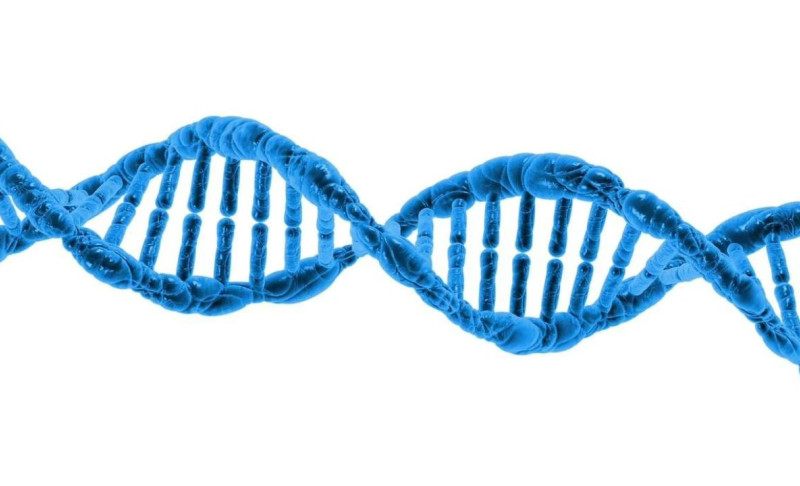
Advanced In Vitro Models
see description at large

see description at large
The convergence of science, technology, legislation and extrapolation modelling in Utrecht is highlighted in this week-long course. This programme is comprised of meeting experts, hands-on bench work, modelling and demonstrations. It allows for a high amount of interaction among lecturers, keynote speakers and fellow participants.
Advanced in vitro models (AIM) is a multidisciplinary field that holds much promise for generating innovative technologies for a wide variety of tissues and disorders. AIM focuses on developing model systems that can create fully functional in vivo-like tissue and/or organs. In this way, we intend to reduce animal experimentation in the future. You will engage with other international students on the importance of AIM and how it can contribute to healthcare and you will gain insight into the novel technologies of tomorrow.
In this intensive course you will gain a unique overview of AIM. This field has the ability to recreate all tissues according to good in vitro practice and improve in vitro findings regarding in vivo relevance. This multidisciplinary field incorporates regulatory aspects, stem cell biology, tissue engineering, biomaterials engineering, and in vitro-in vivo extrapolation (IVIVE) science. In addition, it also includes various enabling technologies and clinical application areas, with the ultimate goal of improving existing technologies and reduce animal experimentation. In this interactive course at Masters level, students will learn good in vitro practice, regulatory aspects, (stem) cell biology and technologies, as well as how these models can be translated to in vivo relevance. The course combines lectures and tutorials with hands-on experiments, demonstrations and tours.
We encourage students to take this course in combination with the Regenerative Medicine summer school course.
Confirmed speakers:
Jeffrey Bajramovic (3Rs center, Utrecht University, NL)
Jeffrey Beekman (University Medical Center Utrecht, NL)
Lisanne de Vor and Anne Burgers (Dutch Society for the Replacement of Animal Testing)
Maria Colman Rodriquez (University Medical Center Utrecht, NL)
Mathias Lutolff (EPFL, online)
Mylène de Ruijter (University Medical Center Utrecht, NL)
Robert Passier (University of Twente, NL)
Roos Maserreuw (Utrecht University, NL)
Sam van Beuningen (University Medical Center Utrecht, NL)
Sebo Withoff (University of Groeningen, NL)
Stefan Giselbrecht (Maastricht University, NL)
Sue Gibbs (Amsterdam University Medical Center, NL)
Sylvia Boj (HUB Organoids)
Practicals
Hand on training for organoids
Virtual training with STEMCell Technologies
Organ on chip: design, printing, assembly with Lili Proto Lab
In this interactive course at a beginning master level, you will learn the best practices of advanced in vitro models, regulatory aspects, (stem) cell biology and technologies for testing medicine and/or substance safety testing as well as how the results can be validated, translated and implemented into human medicine. Our course aim is to create awareness on the potential of human-based physiological models for human health research and replacement of animal testing.
Four full days / one half day
- Lectures
- Hands on training
- Lunches and coffee breaks
- Course dinner and social activity
Housing for July 8 to July 12 is fully booked for new applications. For hotel and hostel options click here.
If you would like to make use of the Utrecht Summer School student accommodation, please make sure to check this page. More information regarding the check-in is available in the pre-departure and day-to-day document.
The housing costs do not include a Utrecht Summer School sleeping bag. This is a separate product on the invoice. If you wish to bring your own bedding, please deselect or remove the sleeping bag from your order.
For this course you are required to upload the following documents when applying: